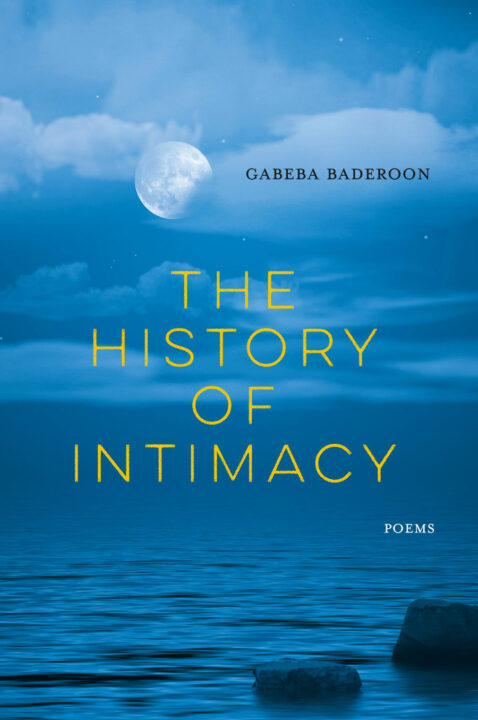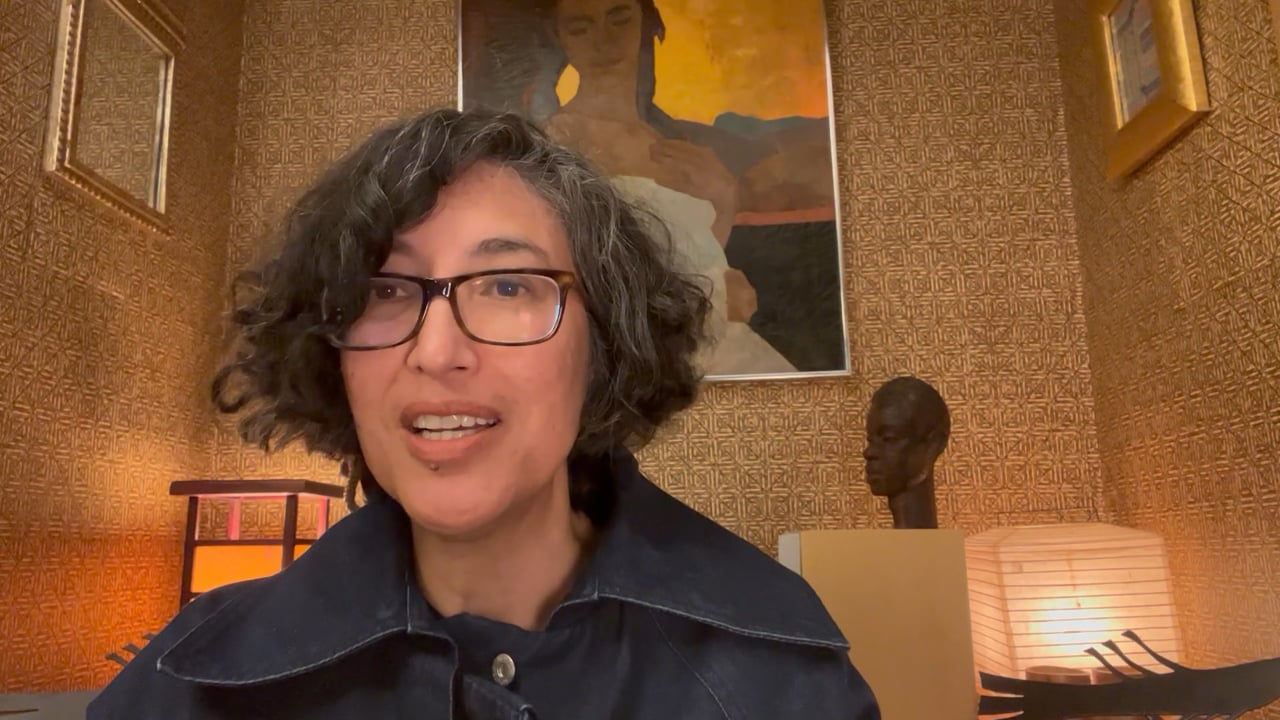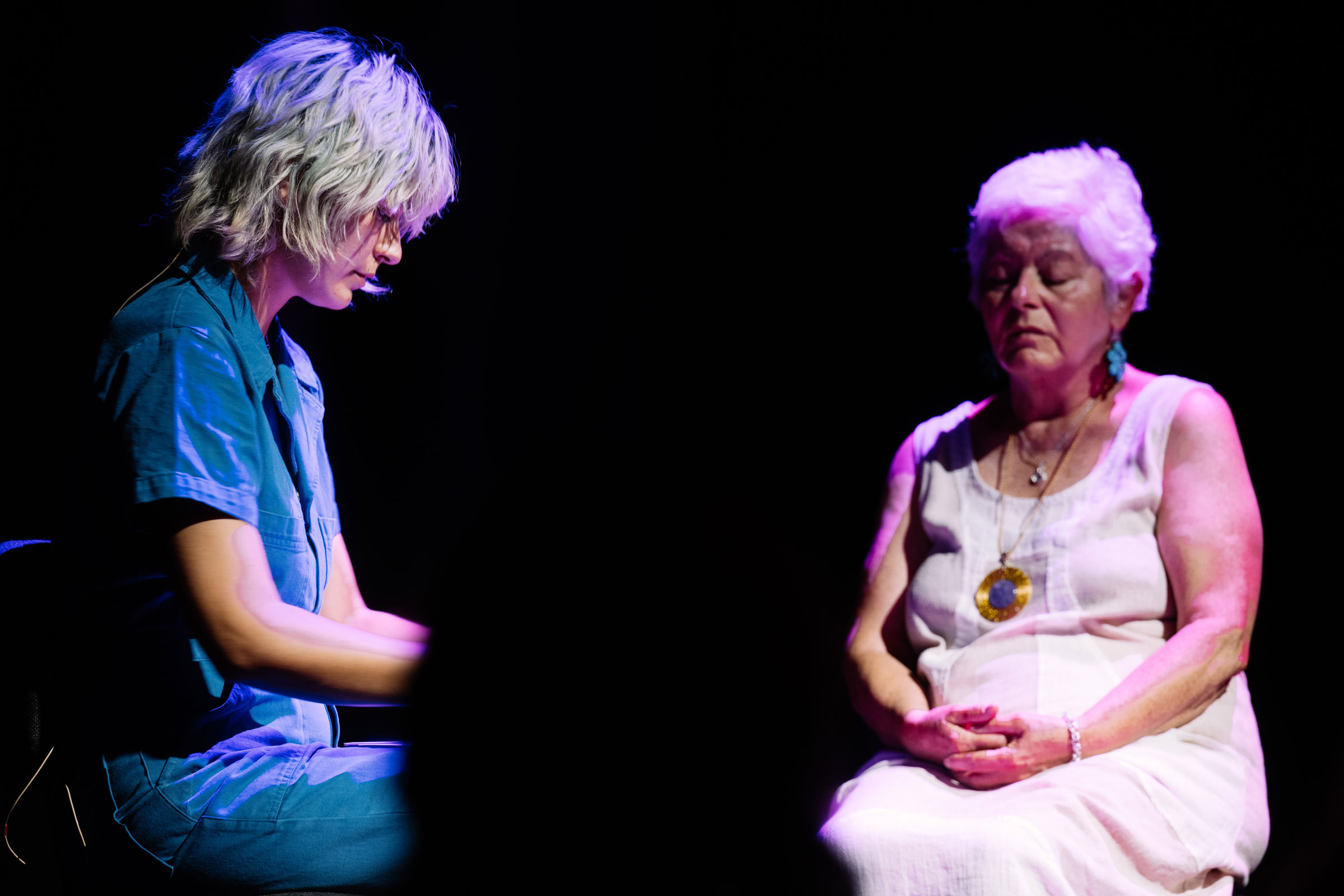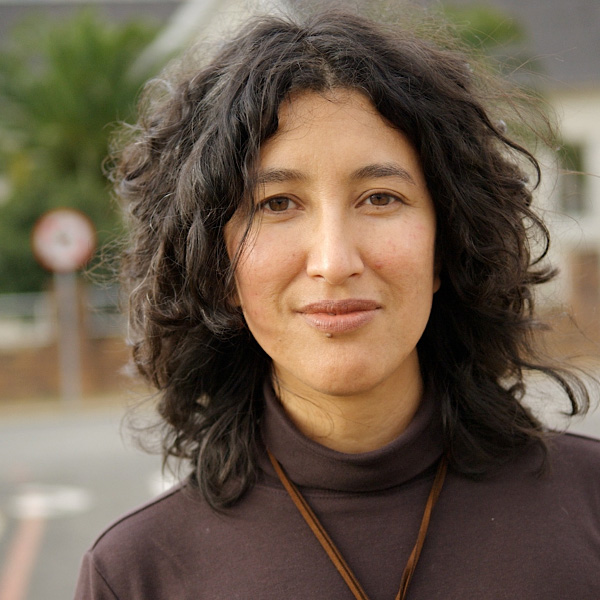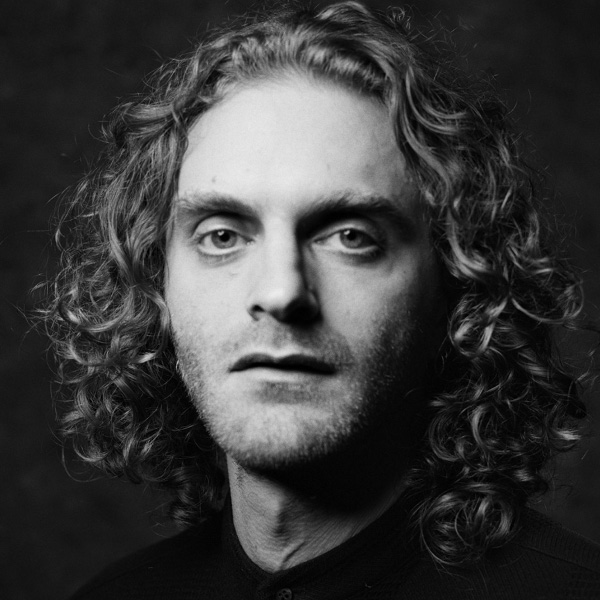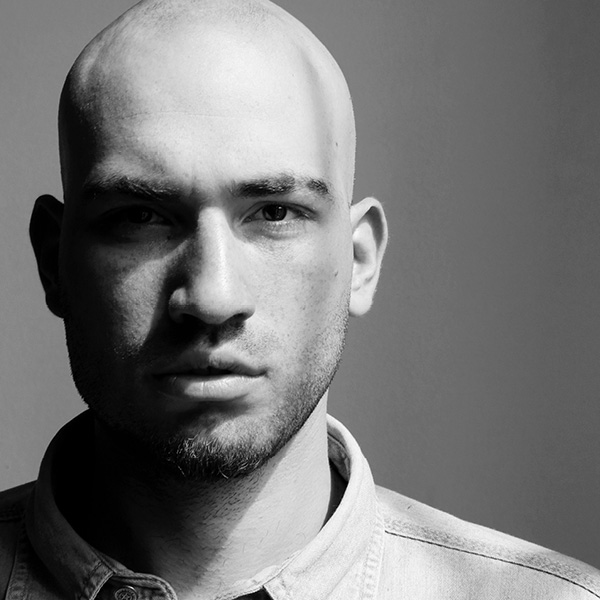“While my own writing tends to center around silence and solitude, I also operate through vibrant, tender, and reciprocal methods of creating art with others.”
Gabeba Baderoon is a South-African poet, editor, academic, memoirist, and performer. She took her first class in writing poetry at the age of thirty and still describes herself as a student of the writing arts today, a quarter of a century later.
Baderoon is the author of the collections The Dream in the Next Body (Kwela Books, 2005), A hundred silences (Kwela Books, 2006), and The Museum of Ordinary Life (DaimlerChrysler, 2005), as well as the monograph Regarding Muslims: From Slavery to Post-Apartheid. Her work has been honored with the University of Johannesburg Prize, the Elisabeth Eybers Poetry Prize, the Daimler Award, and a best book award from the National Institute for the Humanities and Social Sciences.


